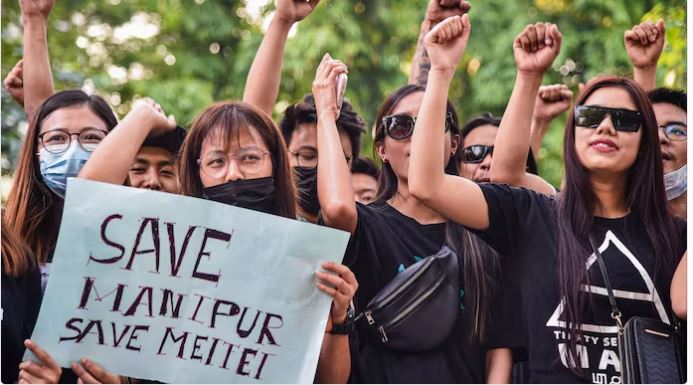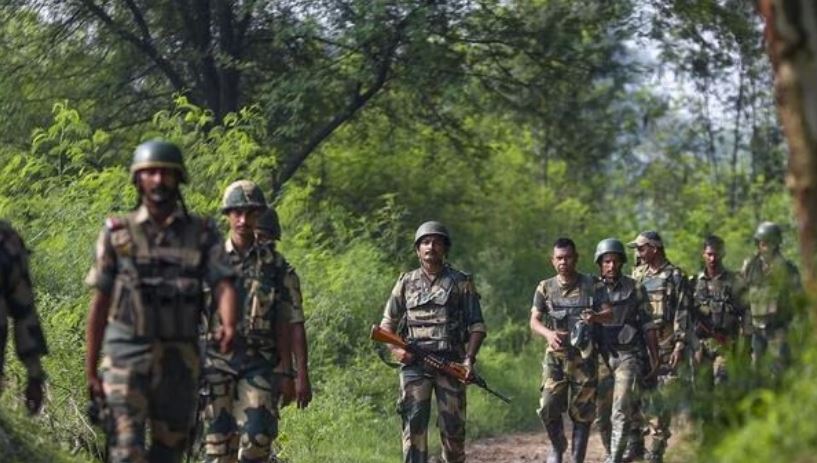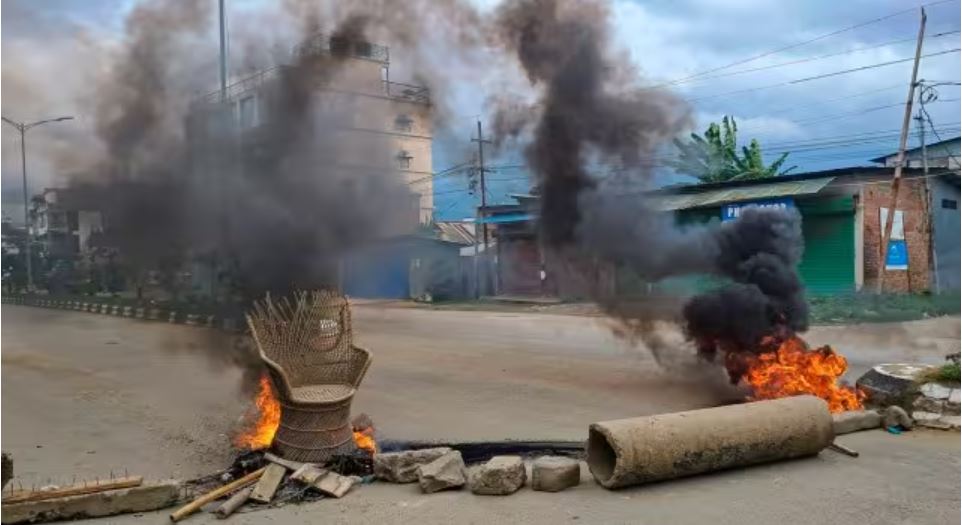Manipur Under AFSPA for Six More Months, Excludes 19 Police Stations Amid Ongoing Protests
The controversial Armed Forces (Special Powers) Act (AFSPA) has been reinstated in Manipur, effective from October 1, following an official notice. This extension will persist for an additional six months in the troubled region. Notably, 19 police stations, primarily in the valley, have been exempted from the application of AFSPA.
This decision has been made amidst persistent protests sparked by the tragic killings of two missing Meitei teenagers, allegedly carried out by suspected Kuki militants.

An official notification declared, “The Governor of Manipur hereby approves the declaration of the entire state of Manipur, excluding areas under the jurisdiction of 19 police stations, as a ‘Disturbed Area’ for a period of six months, commencing October 1, 2023.”
Chief Minister N Biren Singh announced that the Central Bureau of Investigation (CBI) Director, along with a specialized team, would be arriving in Imphal to expedite the crucial investigation. Singh emphasized the commitment of the authorities to swiftly resolve this matter.
The incident gained widespread attention when photos of the two missing students, Phijam Hemjit (20) and Hijam Linthoingambi (17), surfaced on social media. One photo purportedly showed the students with two armed individuals, while the other depicted their lifeless bodies.
Earlier, Manipur Police had stated that the whereabouts of the two students were unknown, and their mobile phones were switched off. The last known location of their mobile handsets was traced to Lamdan, near the winter flower tourist spot in Churachandpur district.
The northeastern state has witnessed over 175 fatalities and numerous injuries since ethnic clashes erupted on May 3, triggered by a ‘Tribal Solidarity March’ organized in the hill districts to protest the majority Hindu Meitei community’s demand for Scheduled Tribe status. Manipur’s population is comprised of Meiteis (53%) primarily residing in the Imphal valley and tribals, including Nagas and Kukis (40%), mostly residing in the hill districts.



